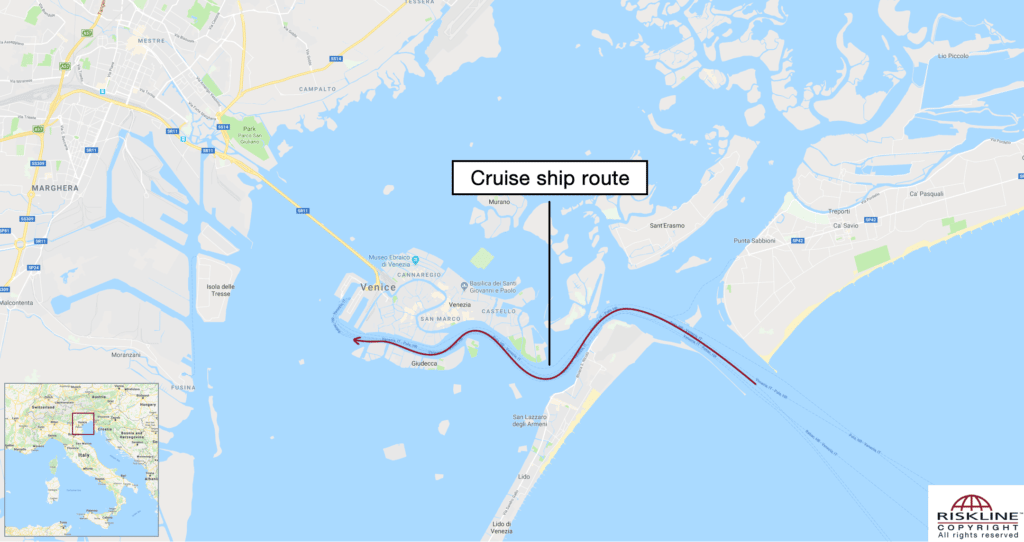Despite predictable, and sometimes not-so-predictable, slumps, tourism has for the past several decades stood as one of the fastest-growing industries in the world, representing approximately one-tenth of the value of all global exports. Yet in the 21st century, that growth is becoming less sustainable as the sheer volume of people going abroad increases. It is not simply just the environmental impact, but the balance between catering to travellers and providing for the local residents maintaining these destinations.
In summer 2018, the governments of the Philippines and Thailand closed the popular Boracay and Phi Phi islands, respectively, for the duration of the season to allow for clean-up and renovation efforts. As tour operators and hoteliers braced for the economic impact – billions of dollars and tens of thousands of jobs are at-risk – officials remained unmoved by pleas to the contrary and promised that when these sites do reopen, travellers will face restrictions. In theory, these restrictions will mitigate the further impact of visitors, but when the simple act of arriving to the destination degrades its sustainability, what is to be done?
Flying, of course, creates huge amounts of greenhouse gases every day. But as a 2018 study in the journal ‘Nature Climate Change’ noted, it is not only transport, but in consumption “exerted by and in high-income countries” that the environmental footprint of tourism treads heavily. And the accumulation of garbage piles across destinations as varied as Bali, Indonesia, or Yellowstone National Park in the US is a most visible sign of tourist detritus literally eating away at a local environment. Even in Venice, Italy, for example, the stability of the lagoon is threatened whenever cruise ships pull up to the ancient maritime city and discharge their passengers. Less obvious, then, is what to do about the human flow.
Efforts to mitigate the rush of travellers on popular locations have been undertaken, but are not necessarily popular. Here, there is a contest between catering to the travellers and the quality of life for native Venetians. The installation of barriers and gates to channel crowds – regulations that were specifically not meant to affect residents – nonetheless triggered protests against an intrusive effort by the state to dictate where and when people can go about their business.
Fears of tourists coming in and deciding to stay for the long haul also trigger nativist responses in popular expat destinations, whether it is the British, the Russians, the Americans or the Chinese doing the settling in. Such complaints become questions of sovereignty, as evidence by the debate on Chinese ‘soft power’ in tourism, the rights of Britons in a post-Brexit world, Russian nationals’ tourism in western Europe, and the longstanding stereotype of the ‘Ugly American’ abroad. Travellers become targets not just for protests but their relative wealth in places where there is great income disparity between locals and visiting outsiders has a large impact on the economy of the host countries’ as well.
The economic impact of this relative wealth has also affected domestic politics in cities; the growth of non-traditional rental services such as Airbnb has driven up rental and property prices and reduced the availability of properties for locals. Besides loss of cheap housing stock, the transformation of whole neighbourhoods into ‘tourist traps’ drives out some businesses and bring in others that cater to foreign transplants. In Barcelona, Hong Kong and New York City, legislators have already or are debating the implementation of laws that will limit the total number of vacation rentals on the market at any given time. Spanish officials have already successfully demanded Airbnb changes how it submits properties to rent and forced the company to de-list over 2,500 units ahead of the busy summer tourist season, also making tourist licences mandatory for Airbnb listings in more and more locations in an effort to mitigate the effects on local communities.
For the host of industries and livelihoods that have arisen to cater to the holidaymaker, the closing of borders on nationalist or environmental protectionism would be devastating. But unrestricted movement is provoking legislative and nationalistic backlashes. Managing this flow of people without the gates being slammed shut in their faces is a key challenge for tour operators to meet with the host governments in their destinations. In the medium-term, it is likely that more cities and countries will build on precedents set in Barcelona, Venice and Phi Phi to regulate the tourism trade, and that operators will go along due to the sheer profitability of the market and desire to avoid bad publicity or get tangled up in political disputes. In the long-term, though, these measures are likely to prove unsustainable due to the sheer volume of people travelling, triggering rounds of government pushback and local discontent that will adversely impact tour operators for a time, until a face-saving solution is arrived at and the cycle begins anew the next holiday season.















